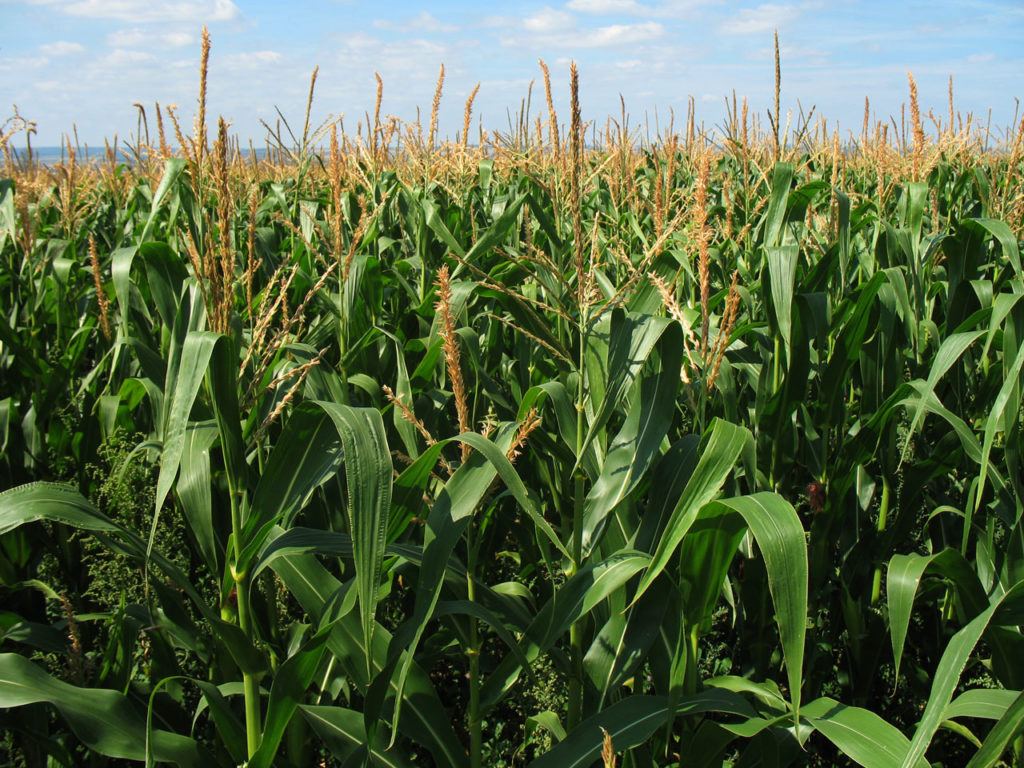General Mills is fighting climate change by using old-school farming methods. The 152-year-old CPG giant is actively taking steps to expand their organic crops and implement “classic, old farming practices” with perennial grains, cover crops and pollinator habitats.
“If we mean to stay in the food business at General Mills, then this problem that we’re facing, that we have been a participant in we realize now, we have to make positive contributions,” said Carla Vernón, president of GM’s natural and organic operating unit, at the Fortune Global Forum in Toronto.
This decision comes as sustainability becomes a top priority in the food industry. In addition to the growing consumer demand for sustainable products, food companies are now becoming aware of how climate change can negatively impact their own businesses. The United Nations Intergovernmental Panel on Climate Change recently released a report that said that rising temperatures pose a serious threat to food supplies across the globe. According to the report, the only way to keep temperatures from rising to dangerous levels (above 1.5 degrees Celsius) is by reducing net CO2 emissions by 45 percent by 2030 and by 100 percent by 2050. This poses a challenge to major food companies around the world who produce large amounts of carbon emissions.
Although General Mills thinks that “throwback farming” is a solution to rising temperatures, other companies seem to disagree. Liam Condon, president of the crop science division at Bayer AG, who was also a panelist at the Fortune Global Forum, said that old-school farming practices were a “disaster” and that most farmers would not want to go back to such techniques. Instead, Condon believes that the food industry should rely on technological innovation that can reduce the amount of energy and carbon emissions produced in food manufacturing. However, products that are produced through technology can push consumers away as they look for natural alternatives.
“The technology is way ahead of the consumer acceptance,” Condon said. “What we need to do is invest much more time in explaining what the benefits are of certain technologies, both from a nutritional and an environmental point of view.”
Nevertheless, General Mills believes that they are innovating in their field by looking to the past for inspiration. As one of the largest food companies in the world, General Mills might be able to marry old-school farming practices with technological advancements. According to the company, they are only in their beginning stages of this project and they will likely look to improve as they move forward.
“All of this is really an experiment for us,” Vernón said. “We consider this form of returning to some of our old practices a form of innovation.”
At the end of the day, all food companies need to find a way to improve their manufacturing practices in order to reduce their carbon emissions because climate change affects the environment and companies directly.












Join or login to leave a comment
JOIN LOGIN